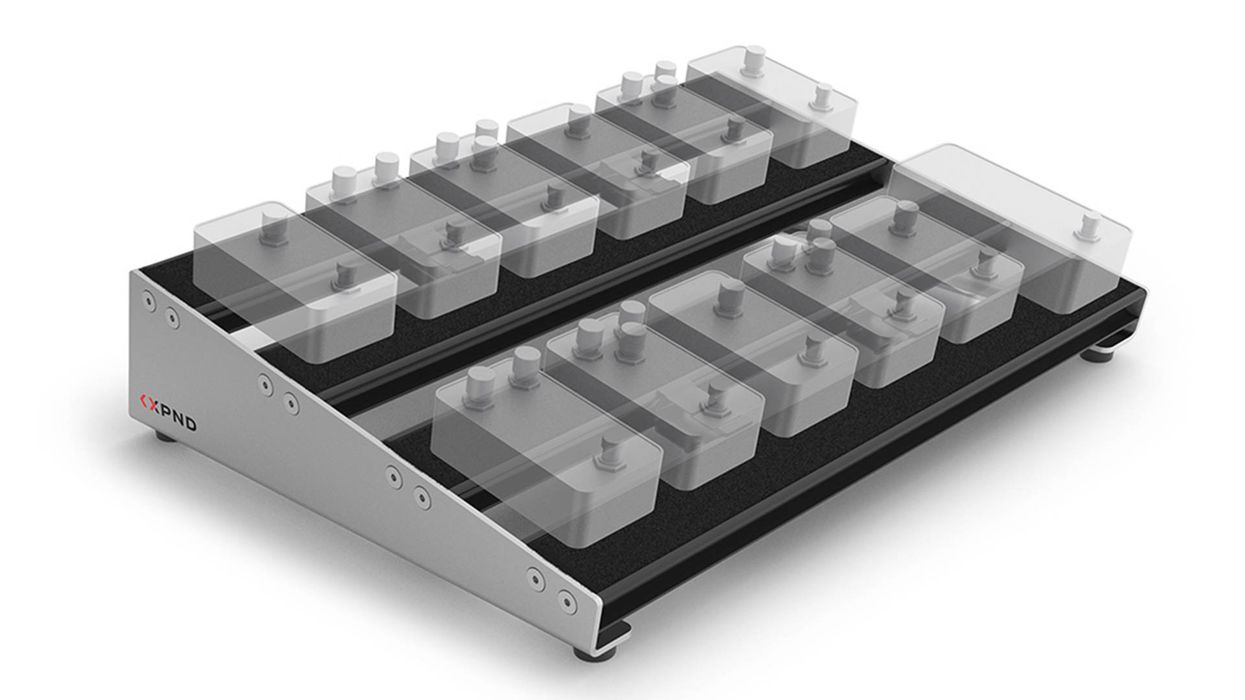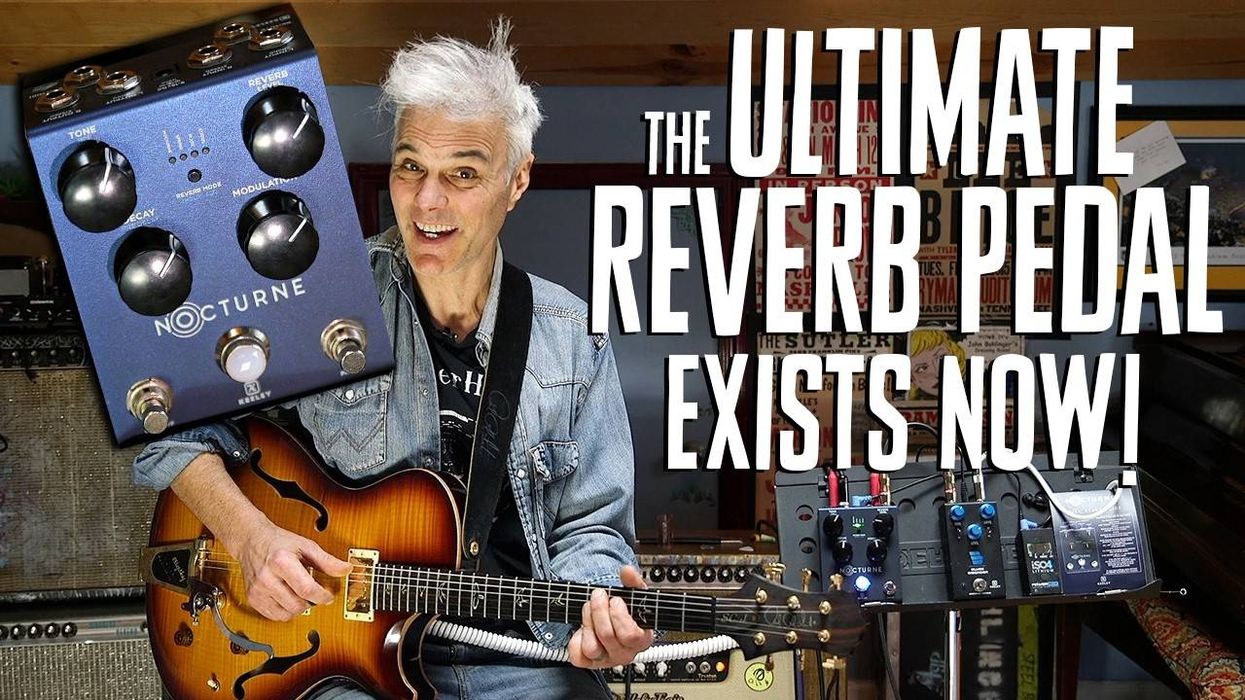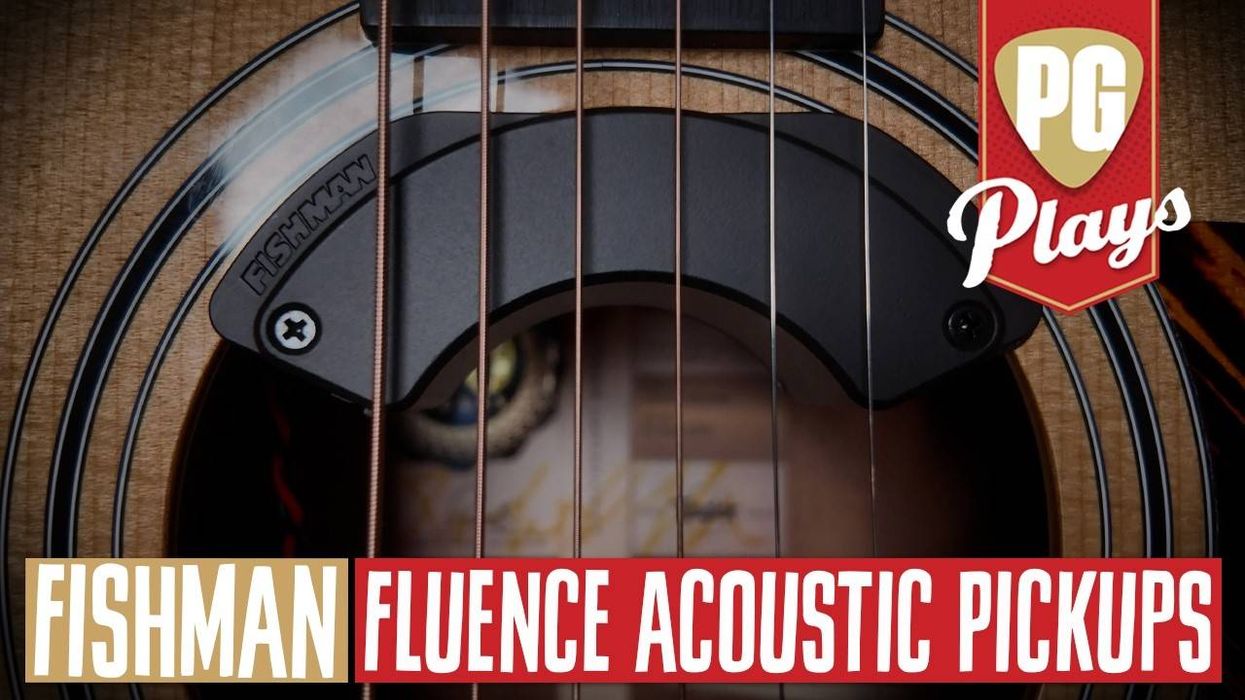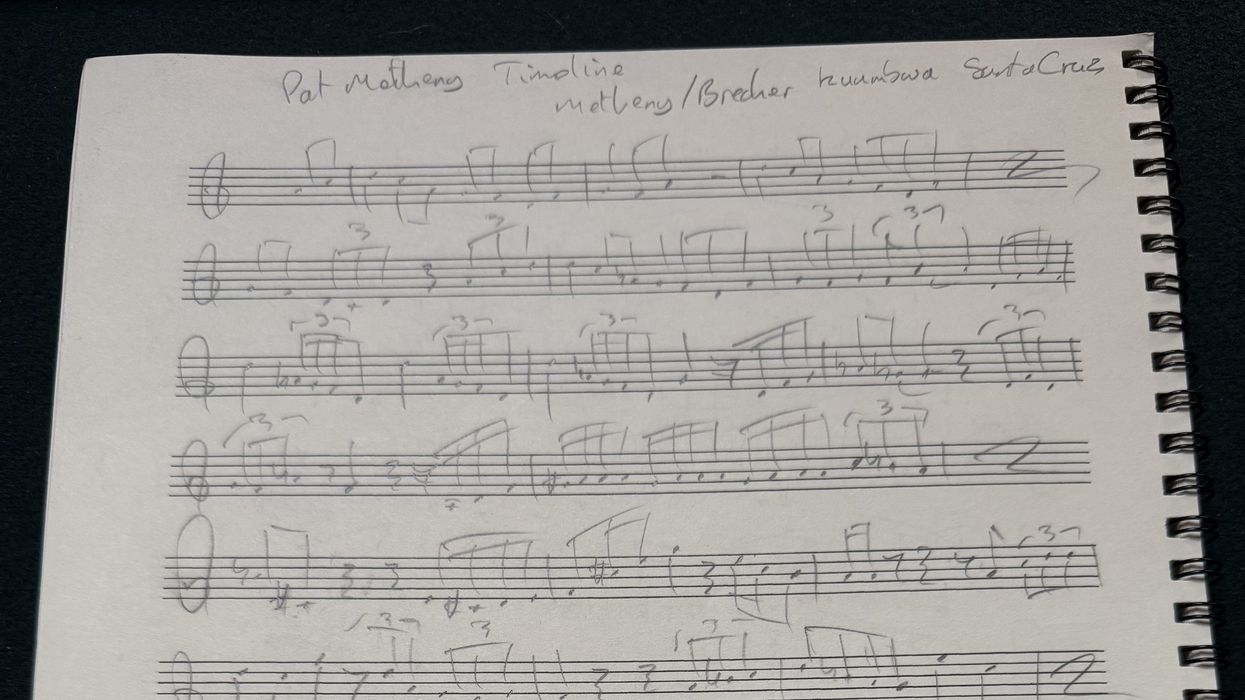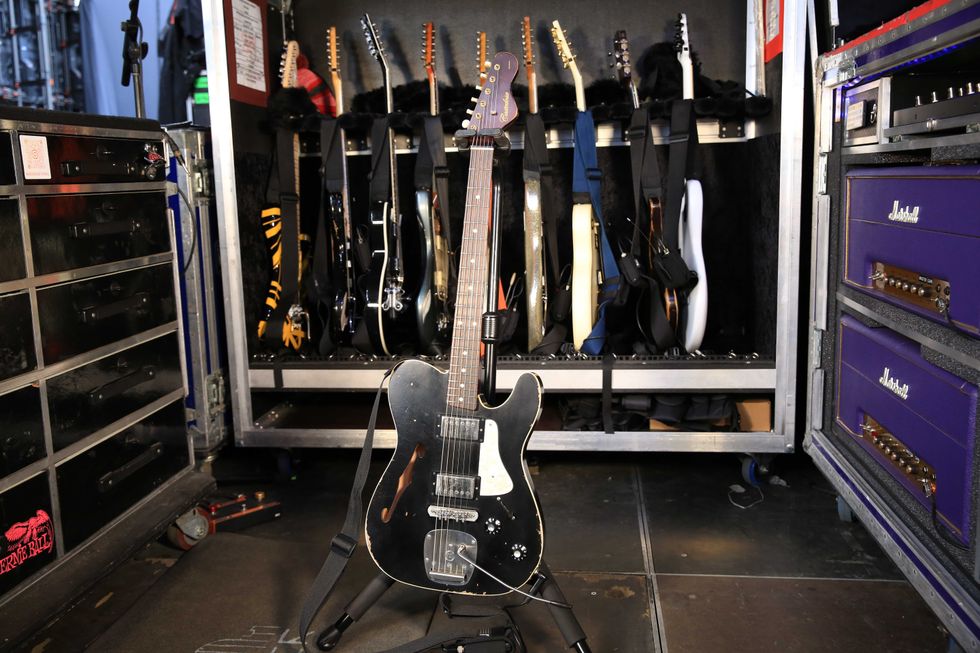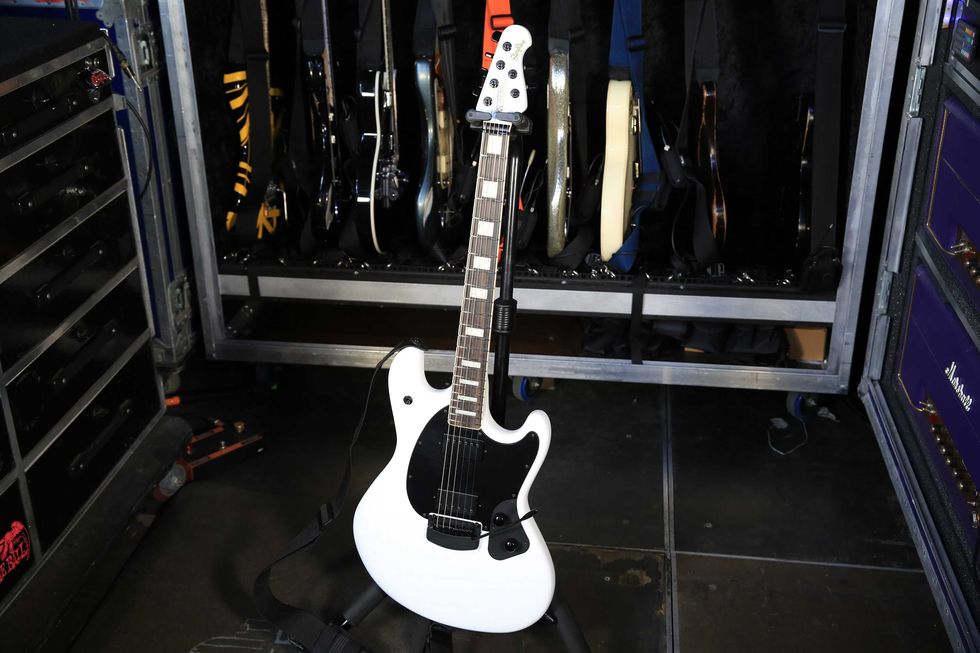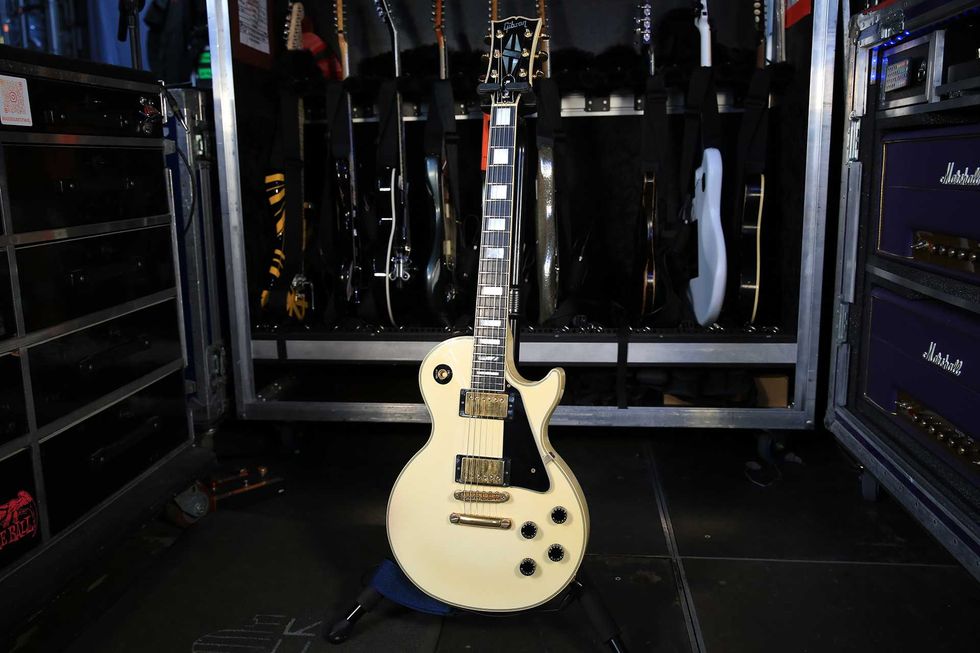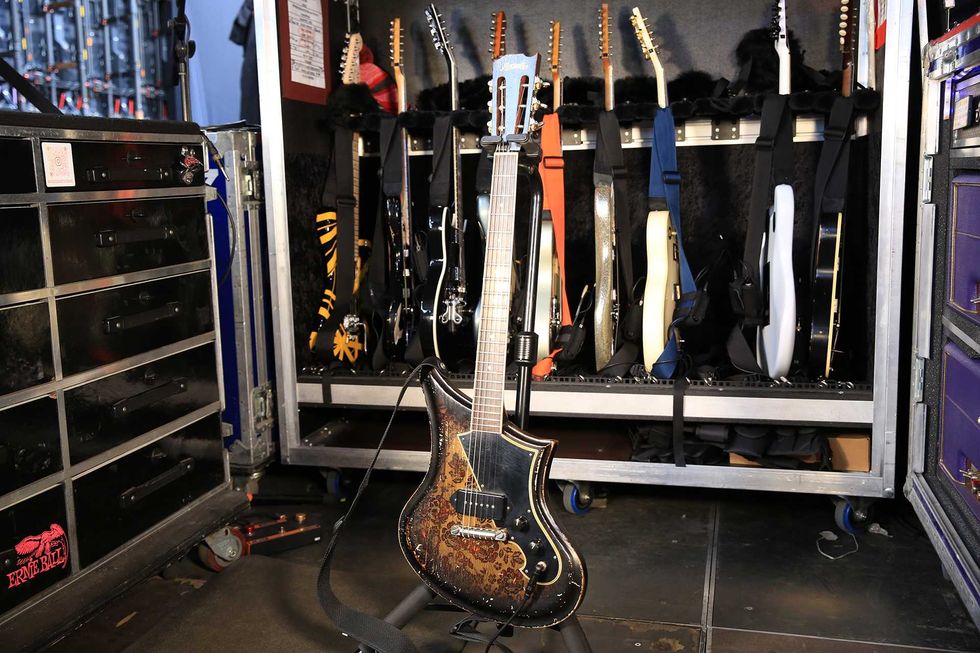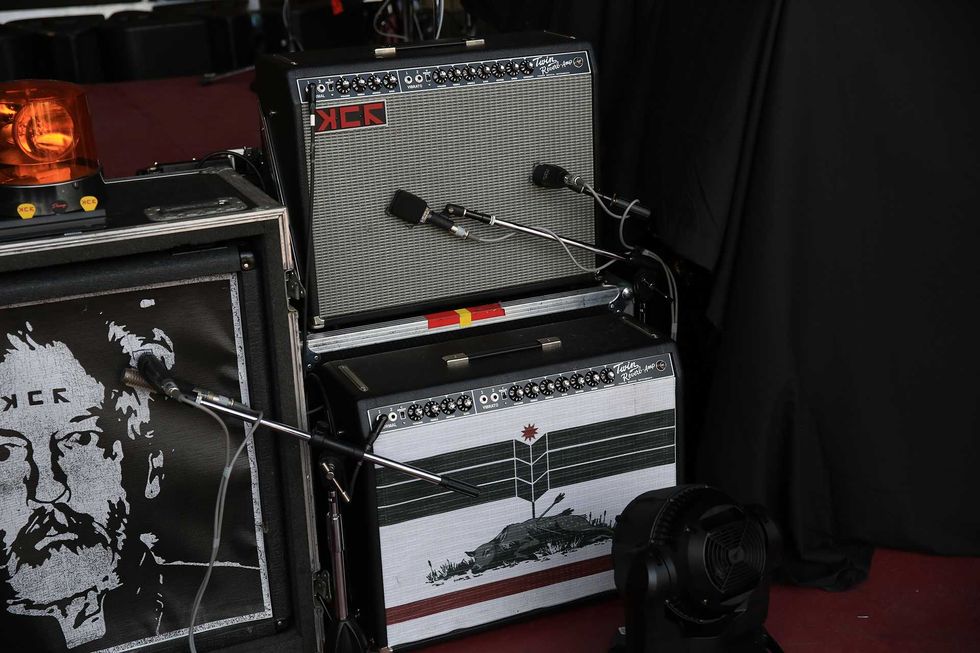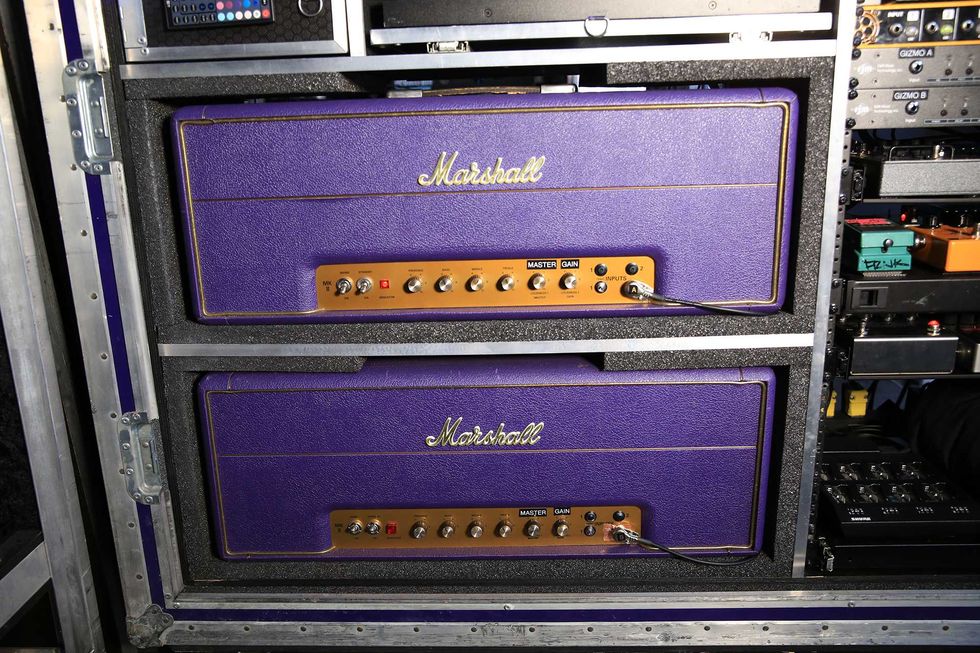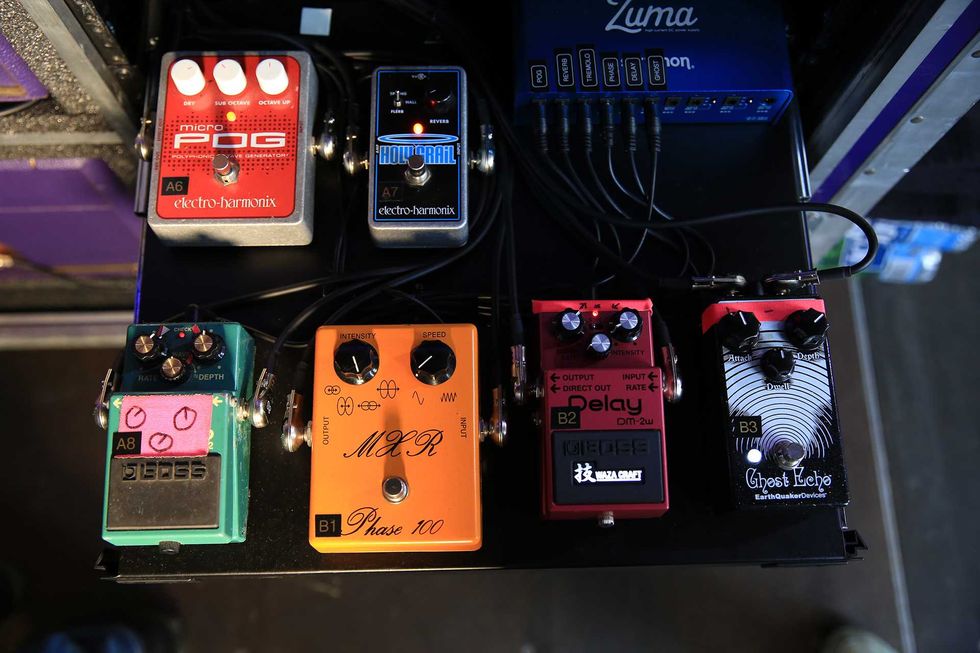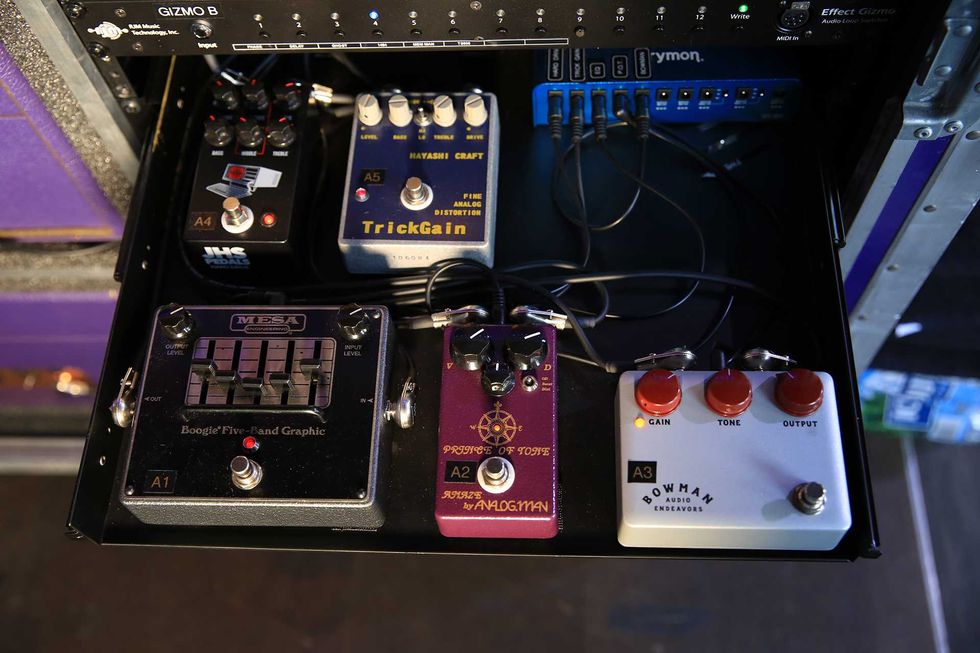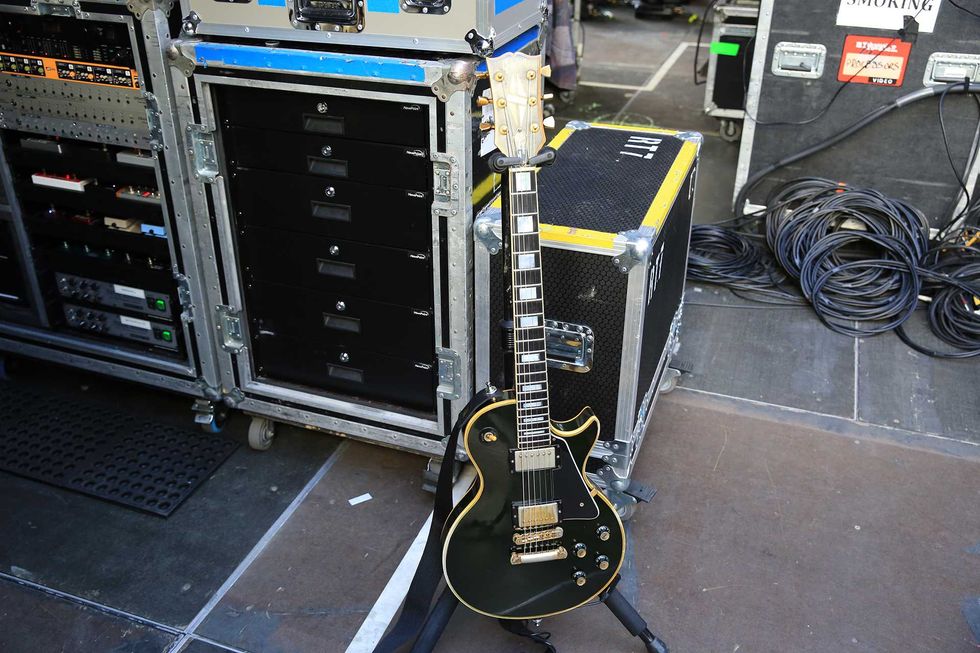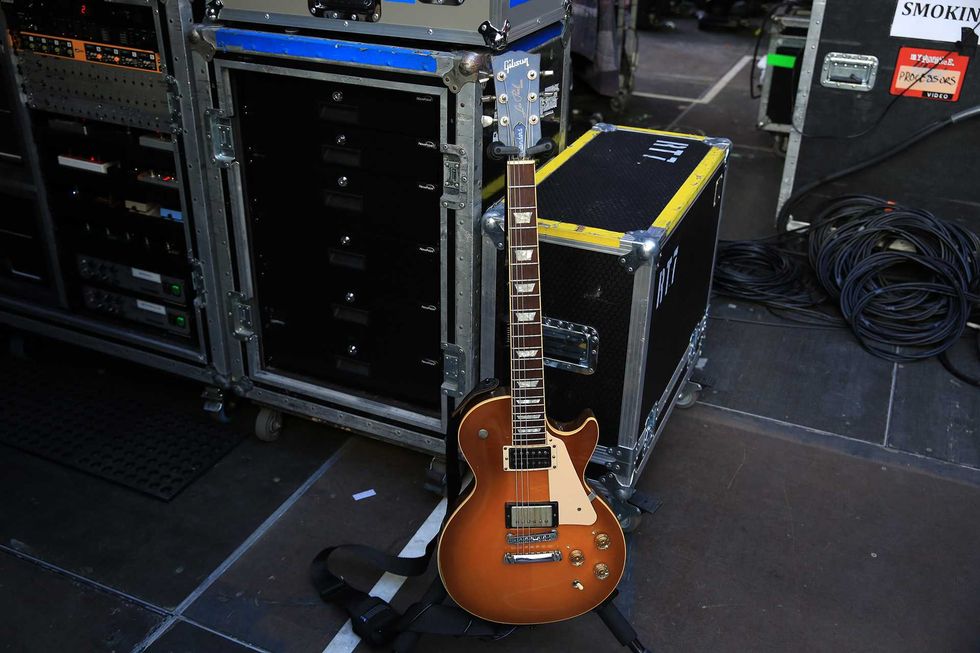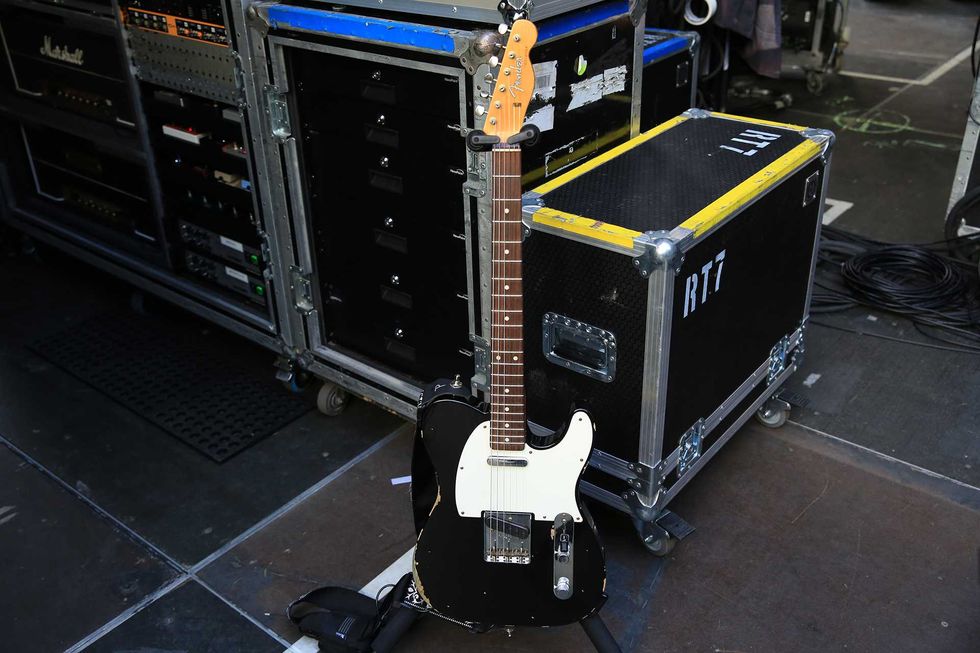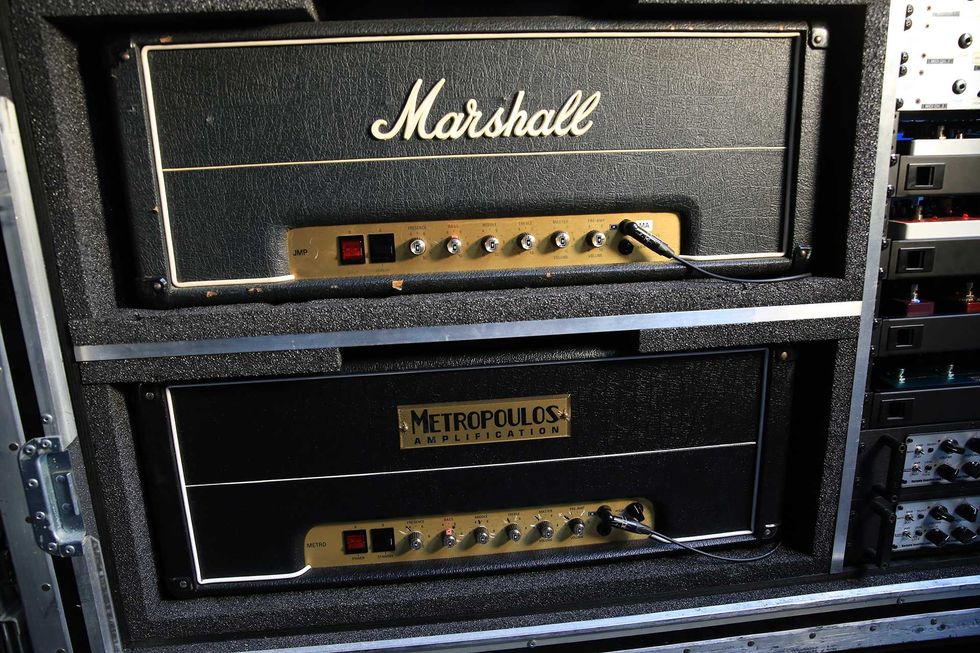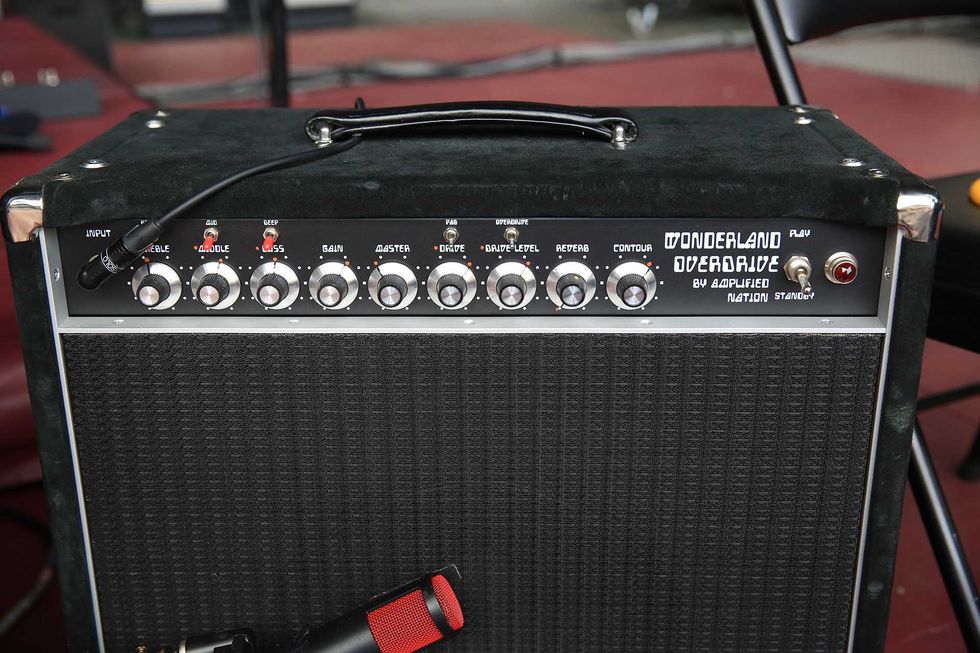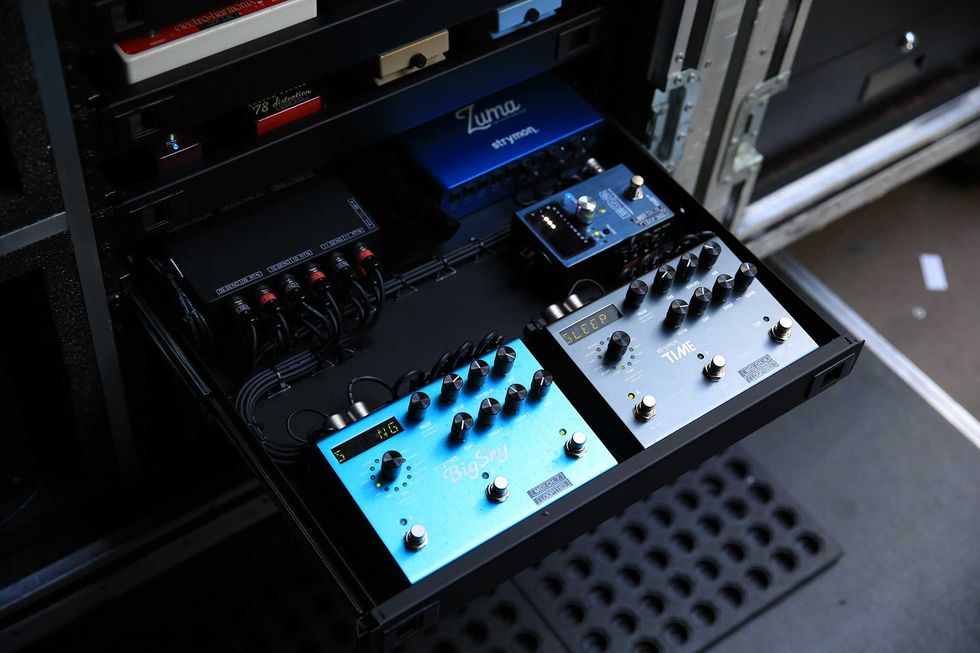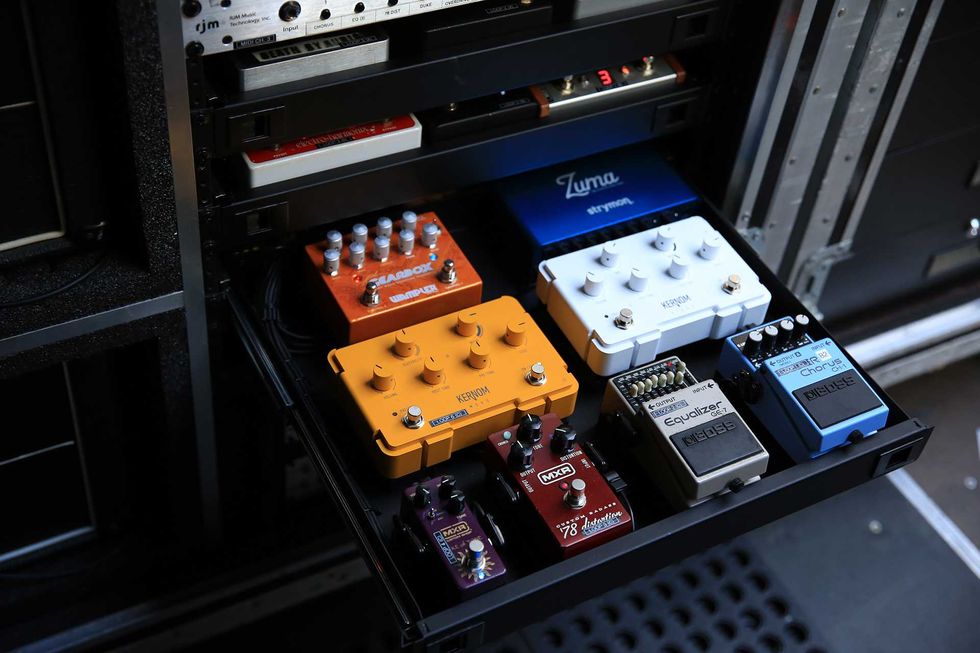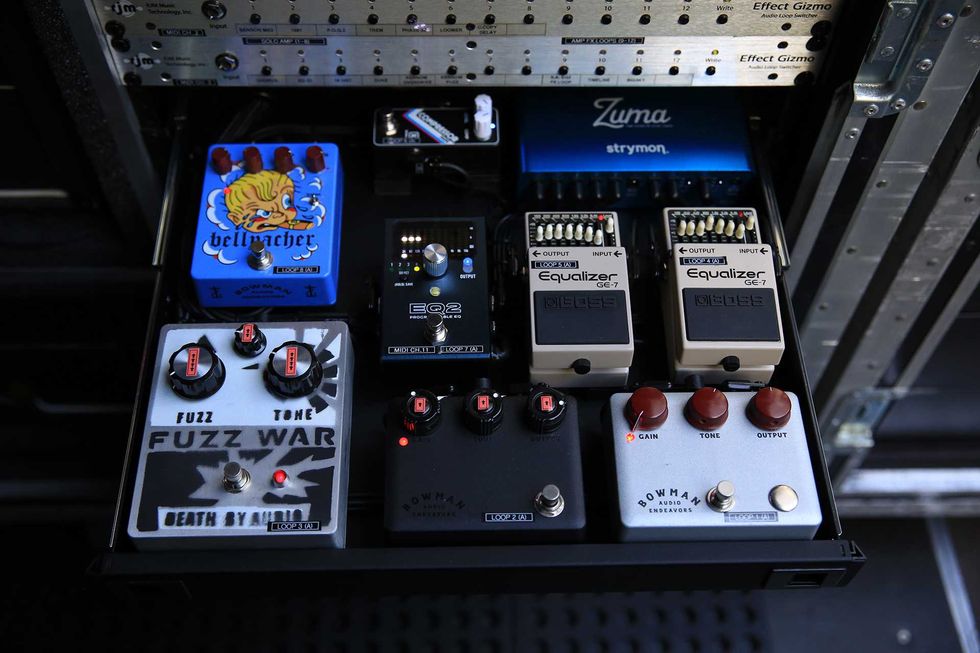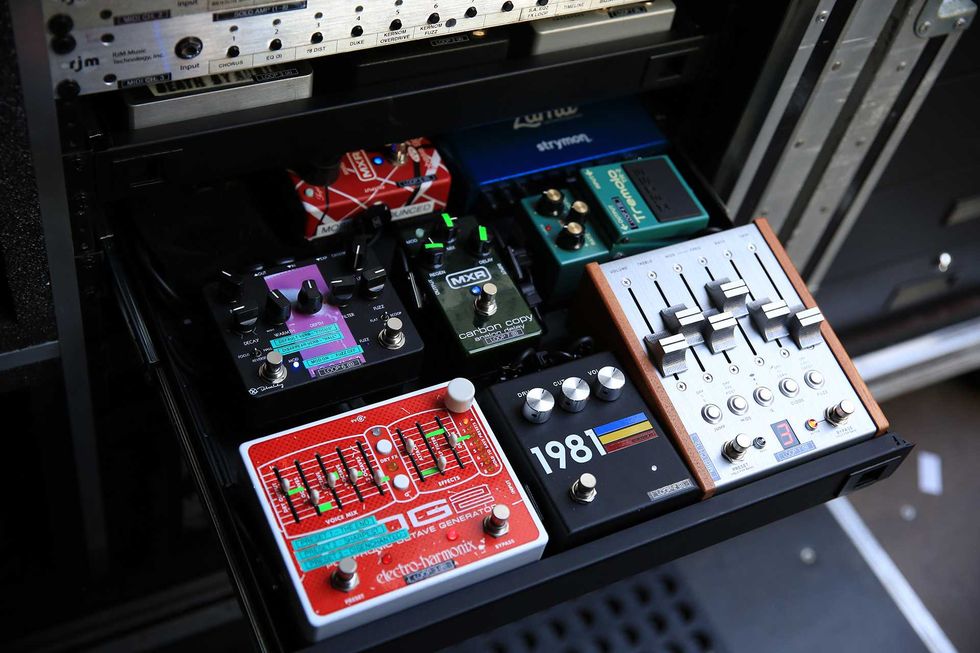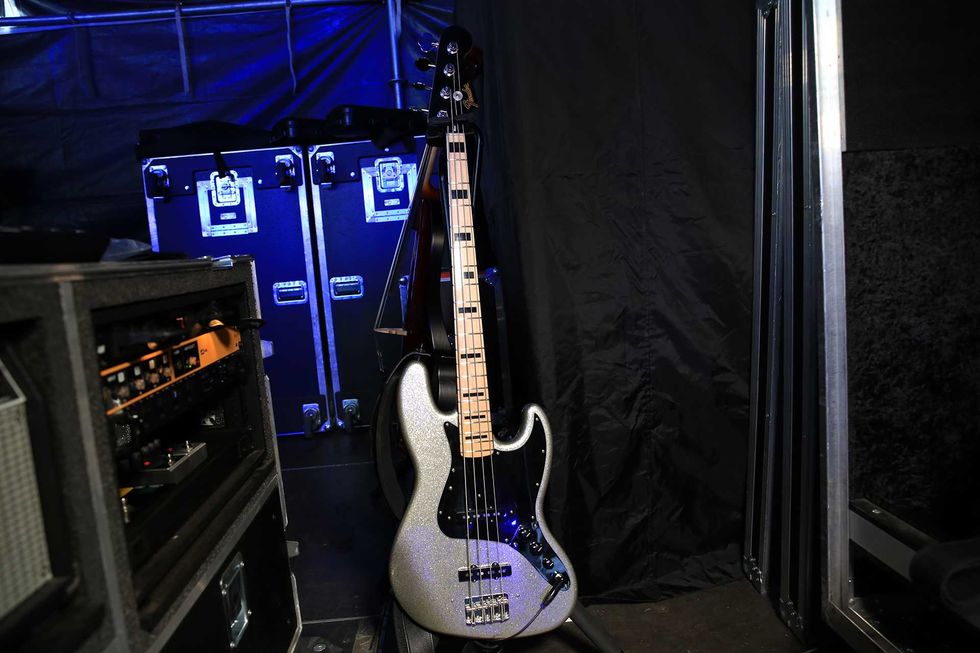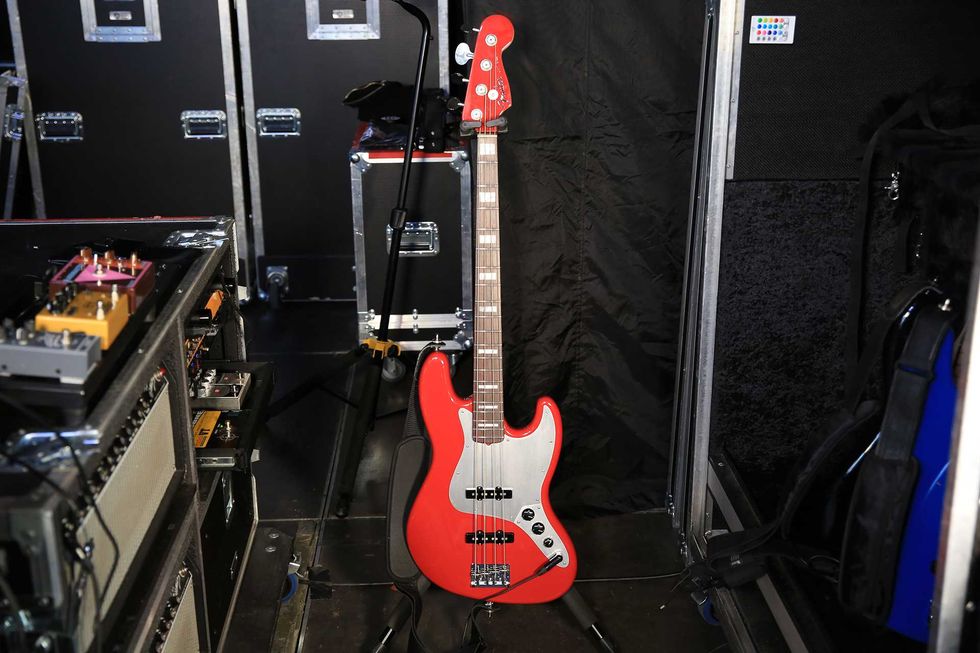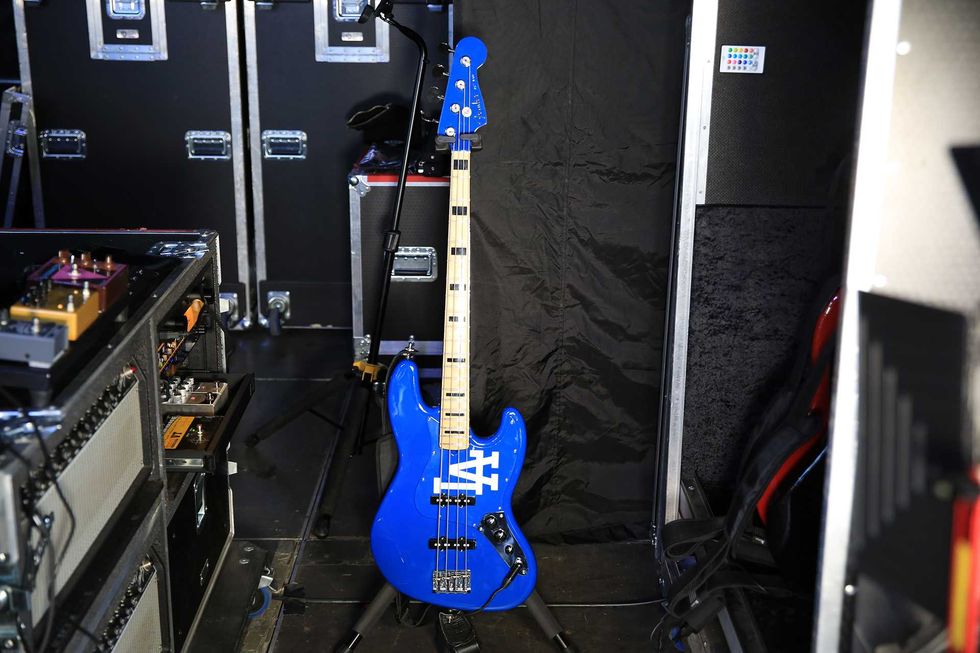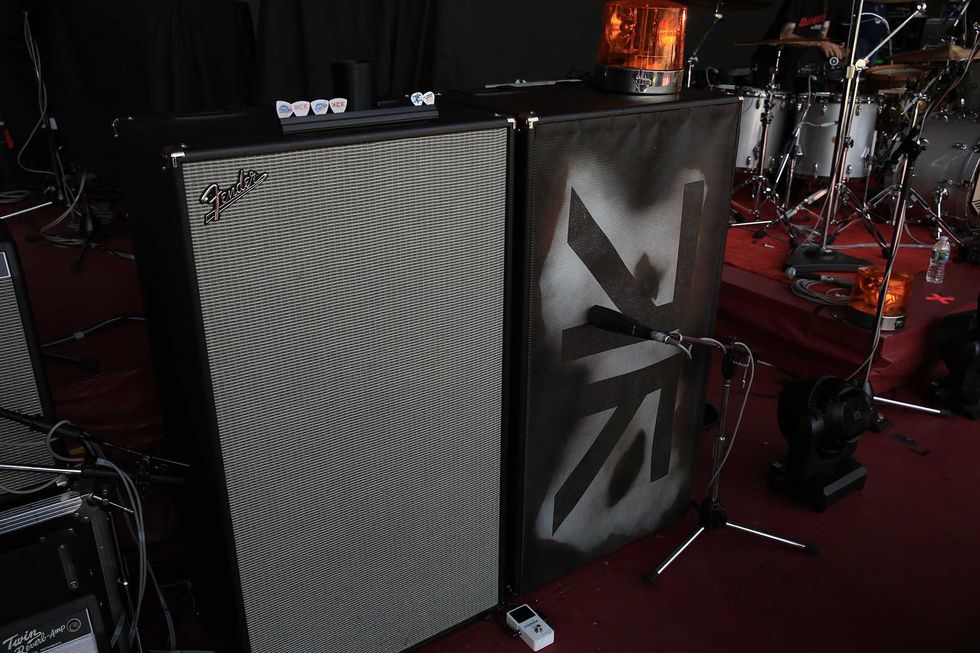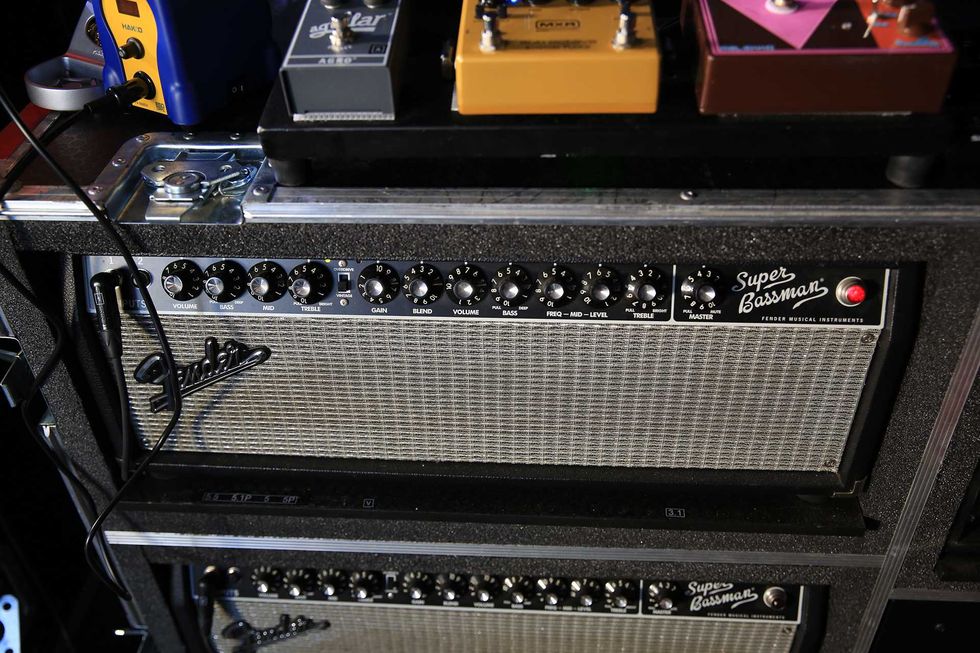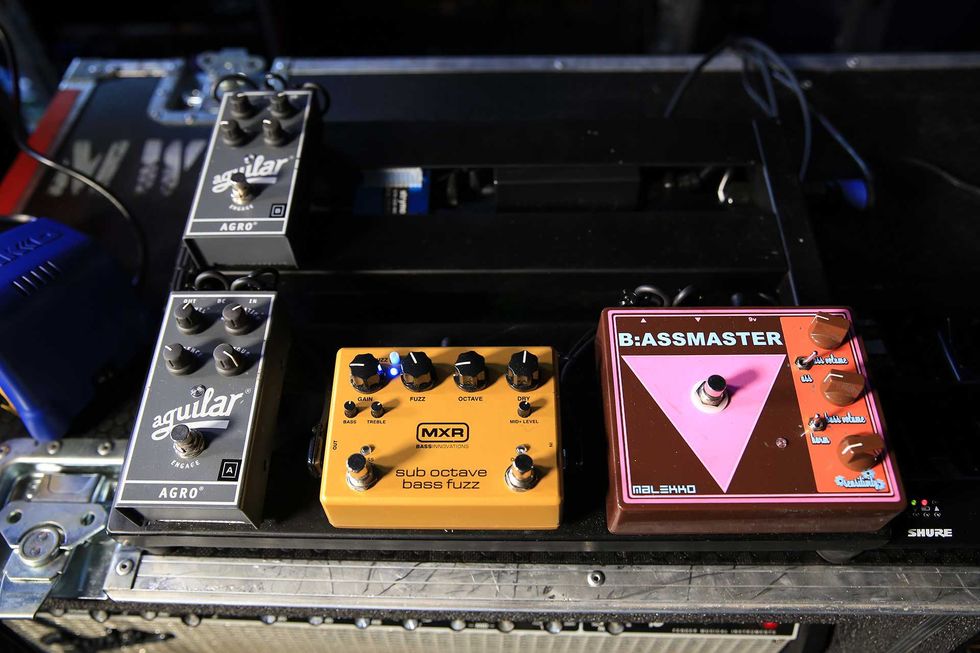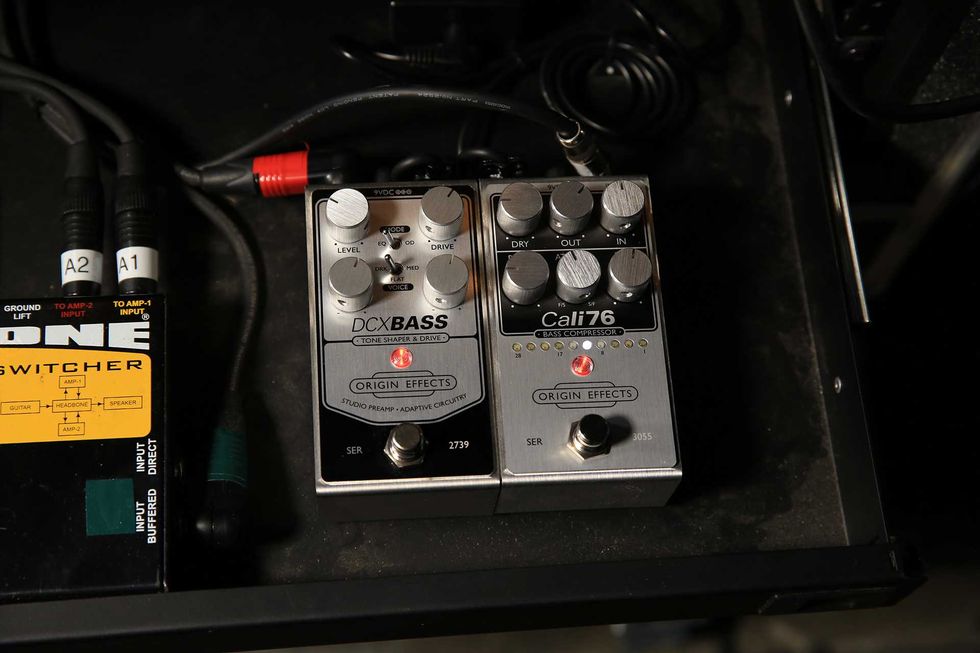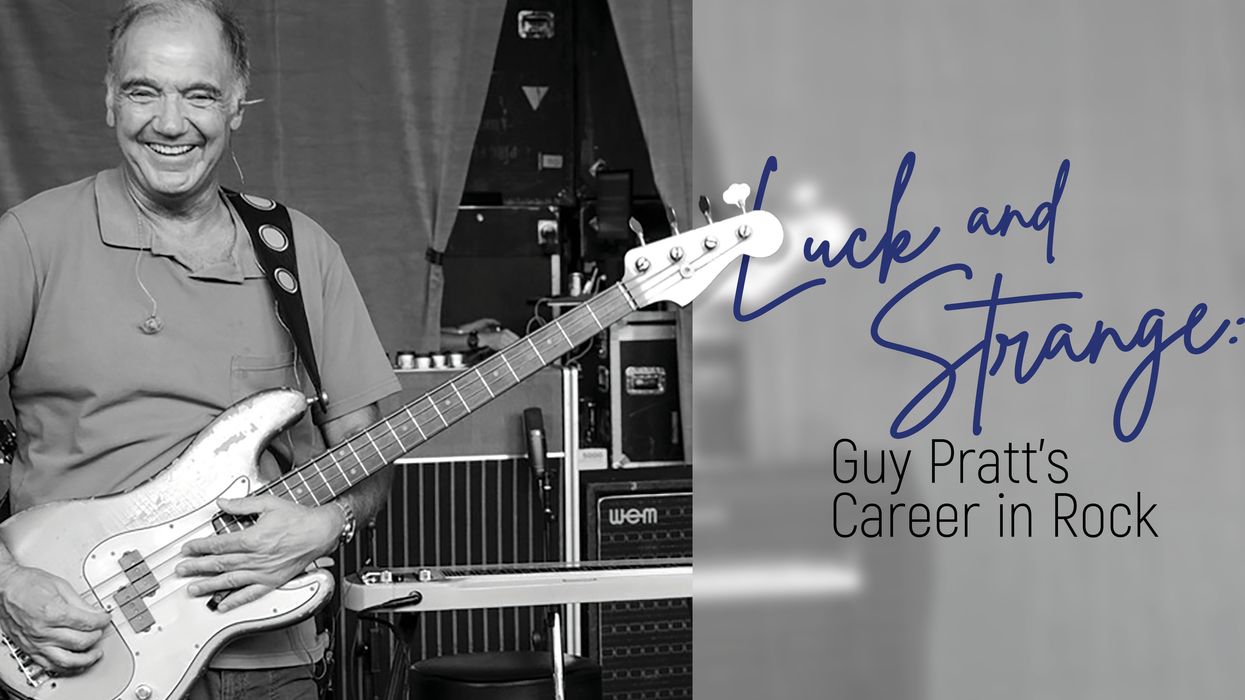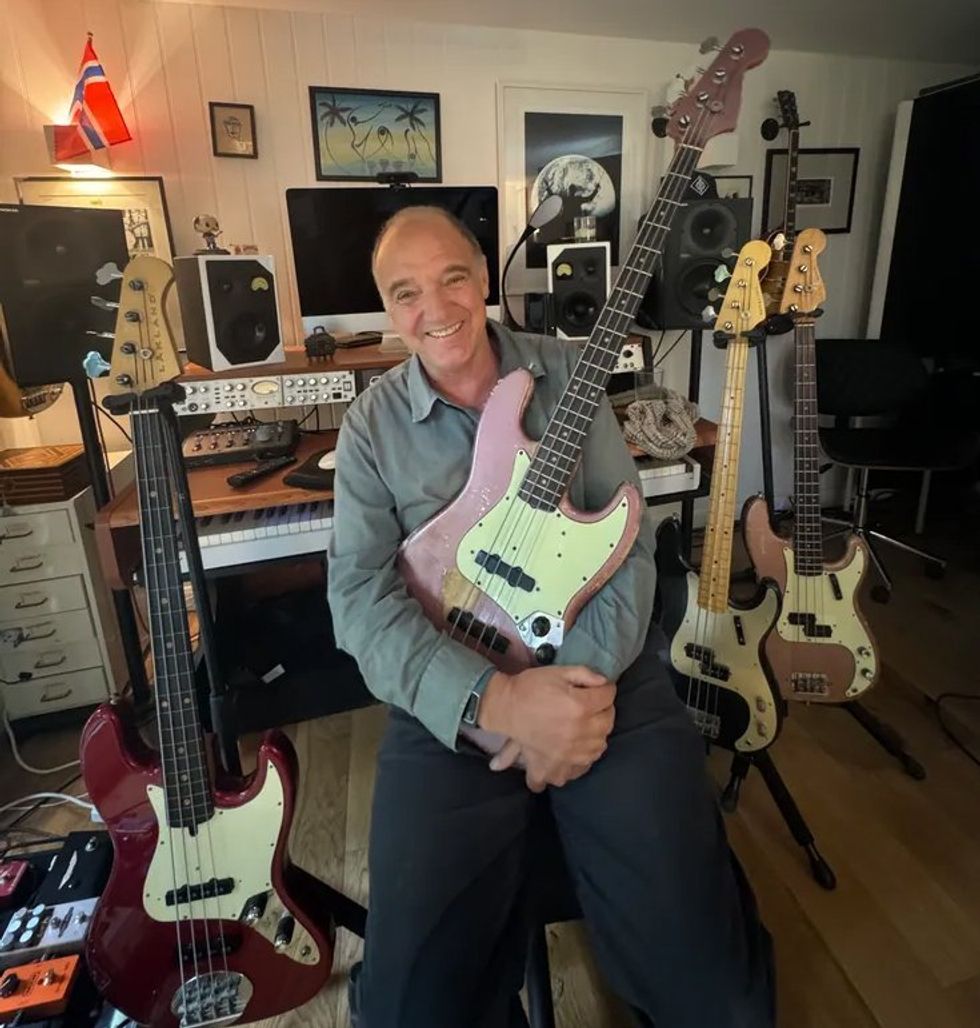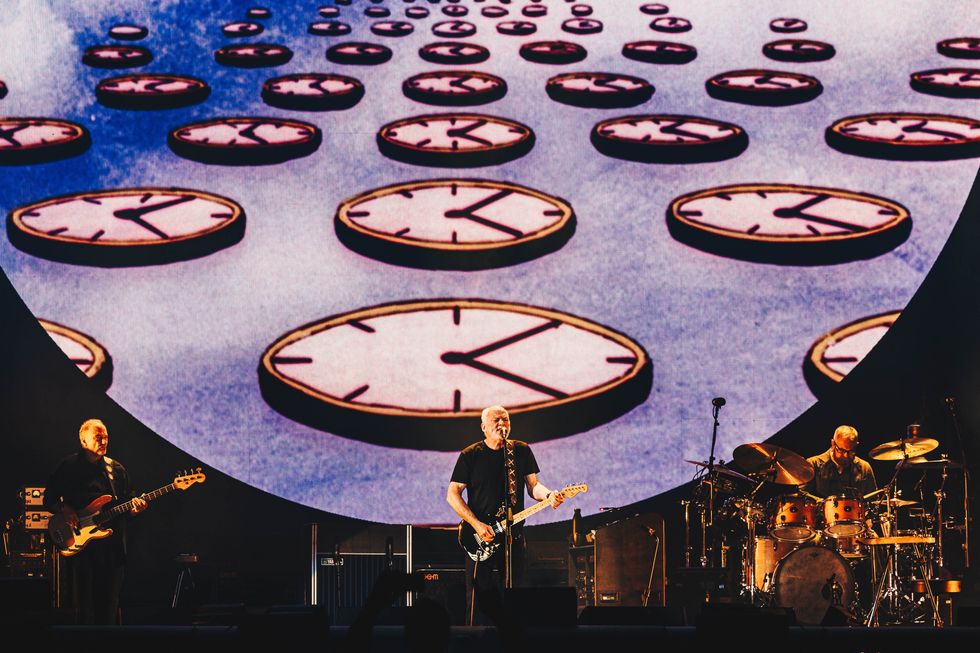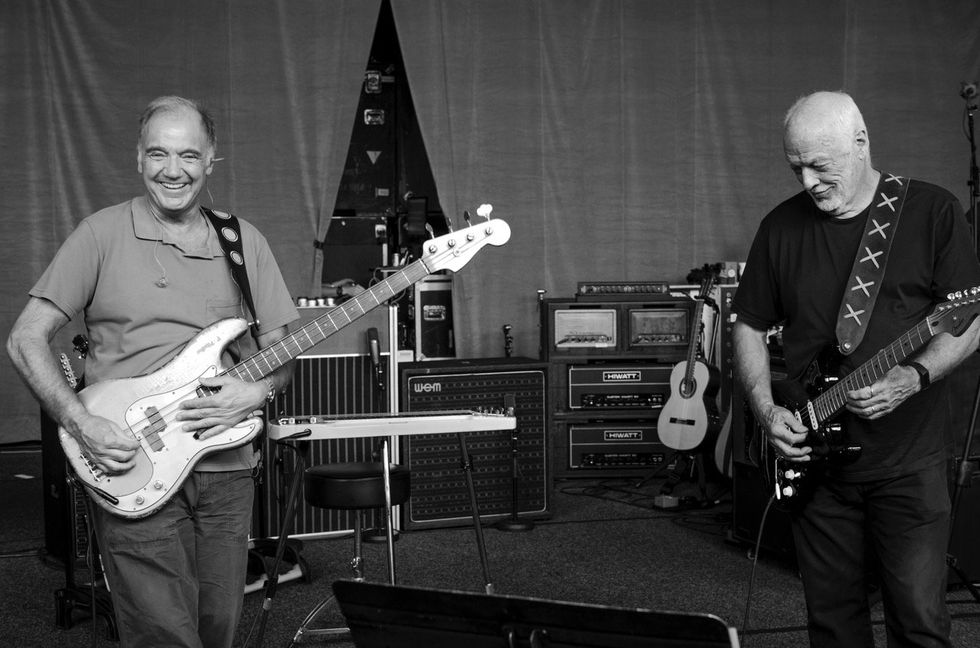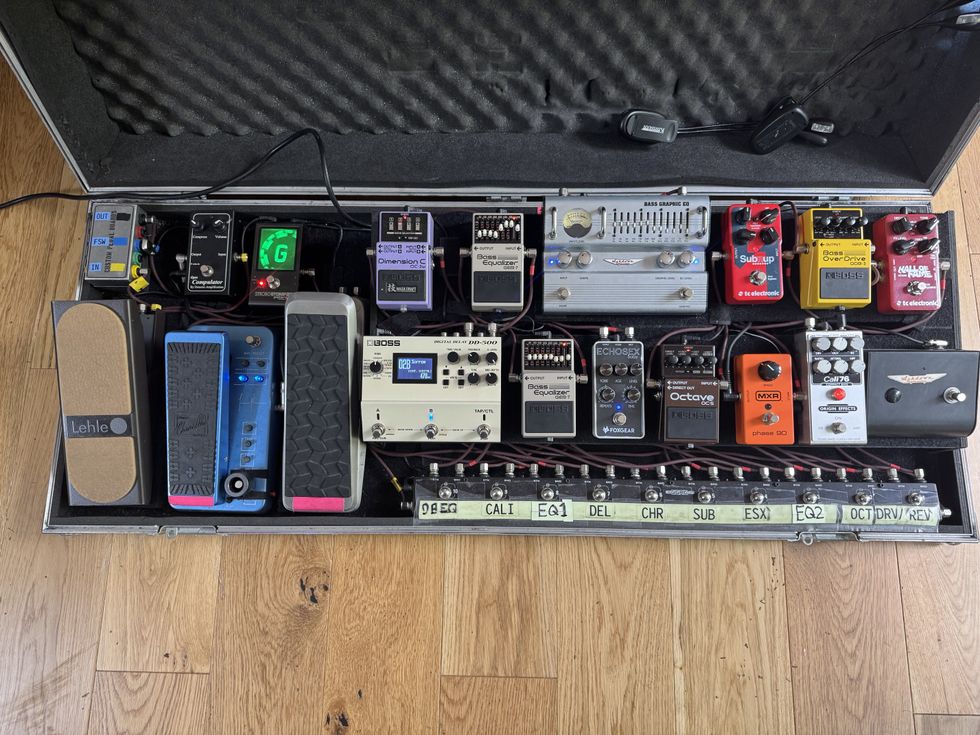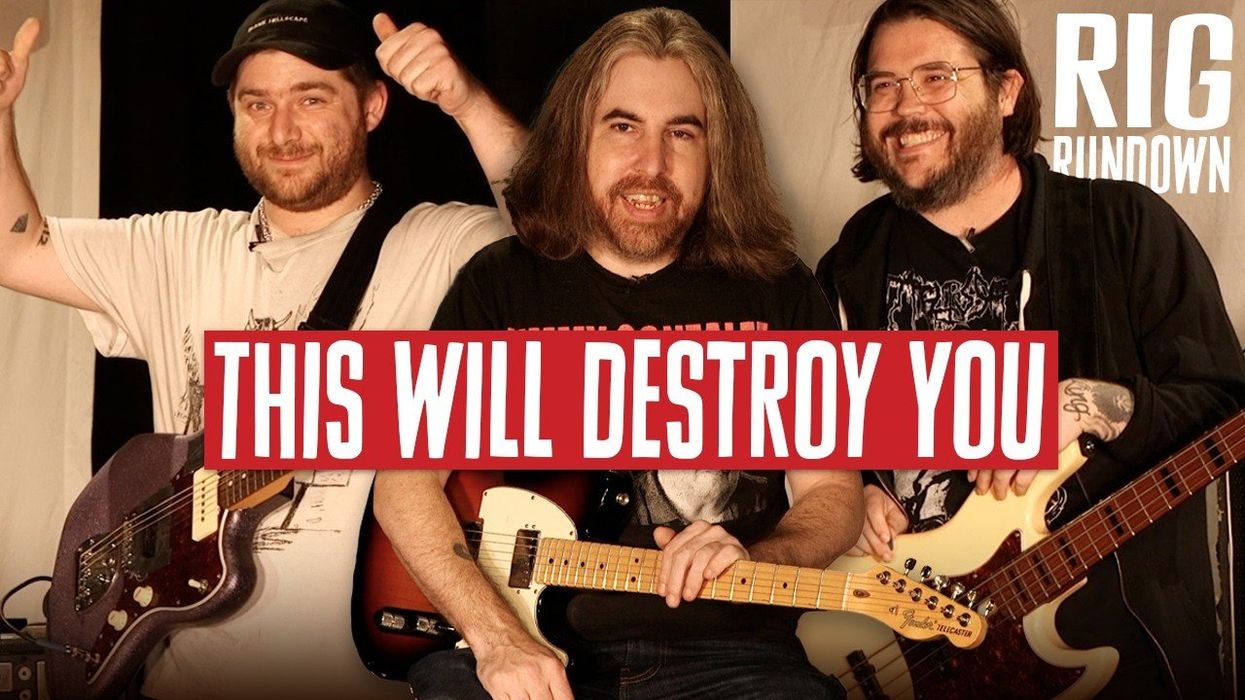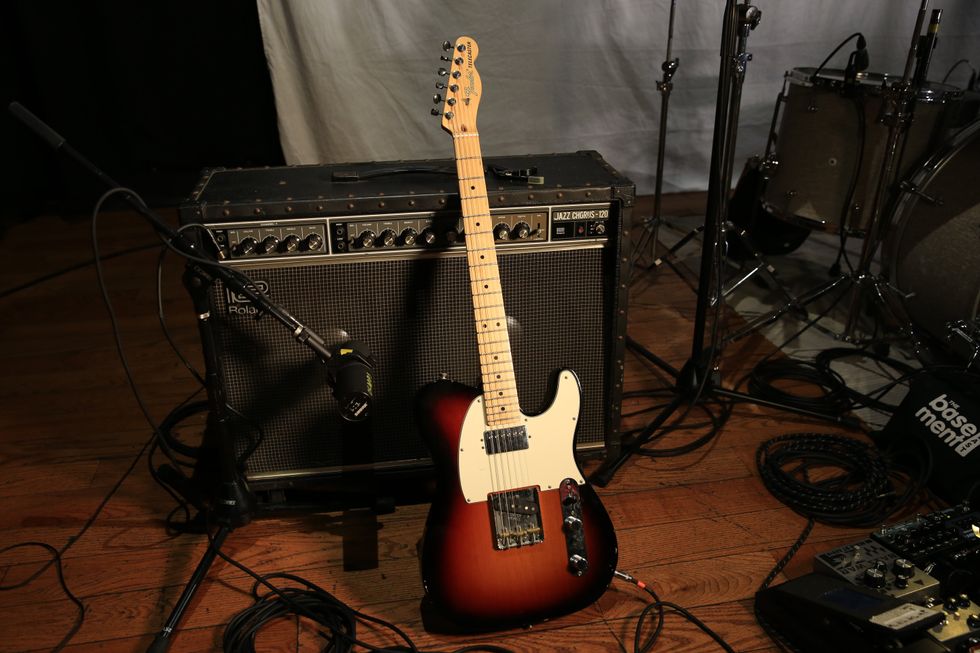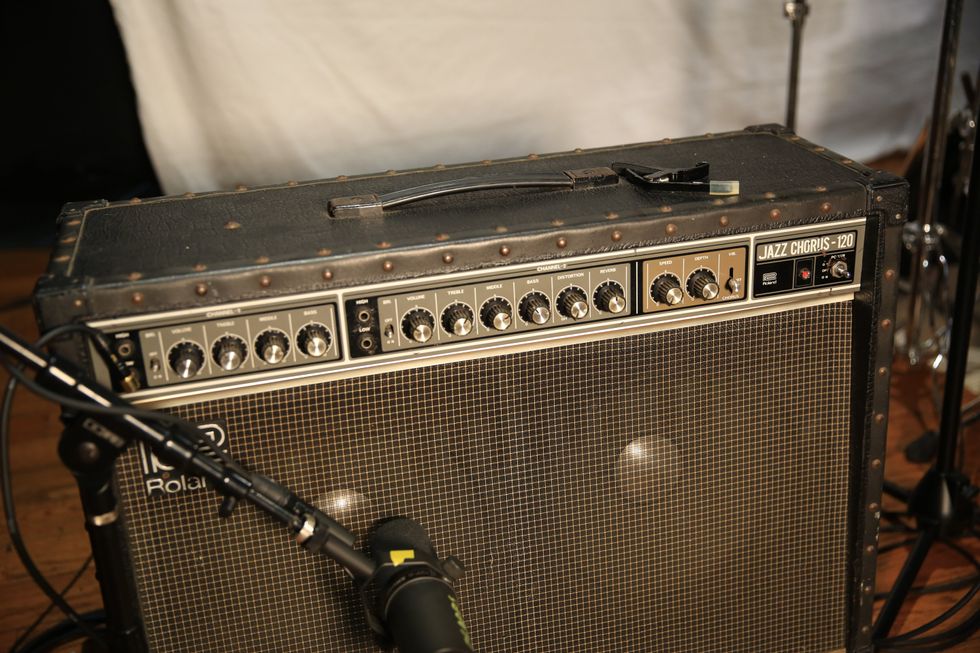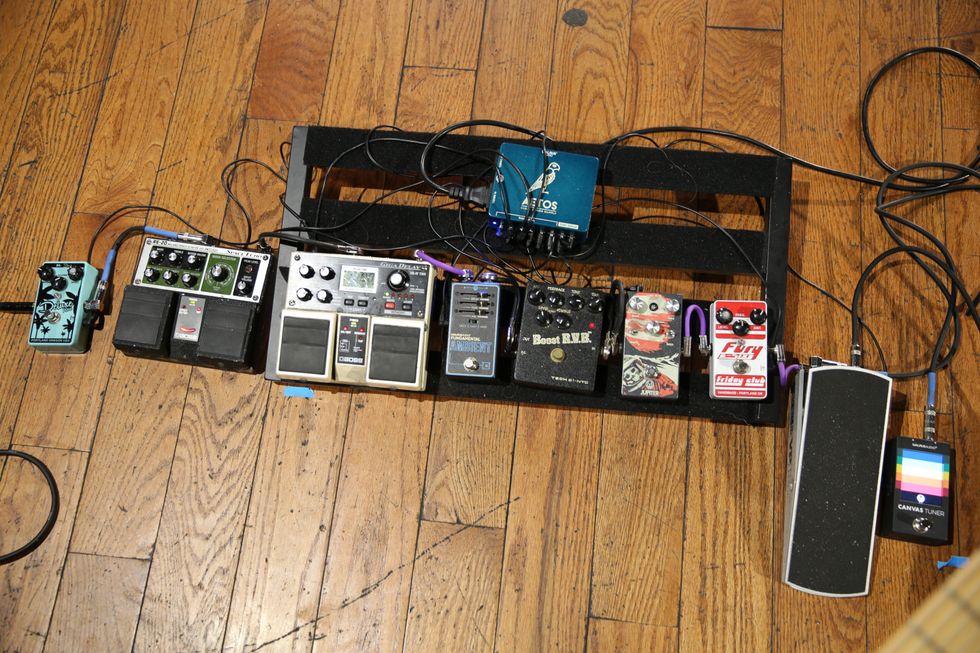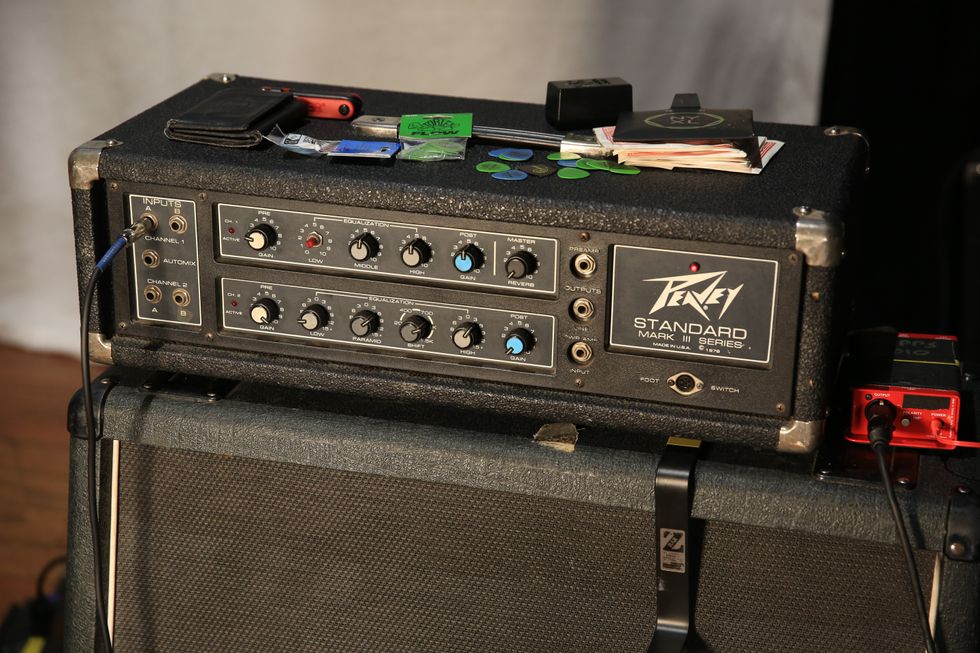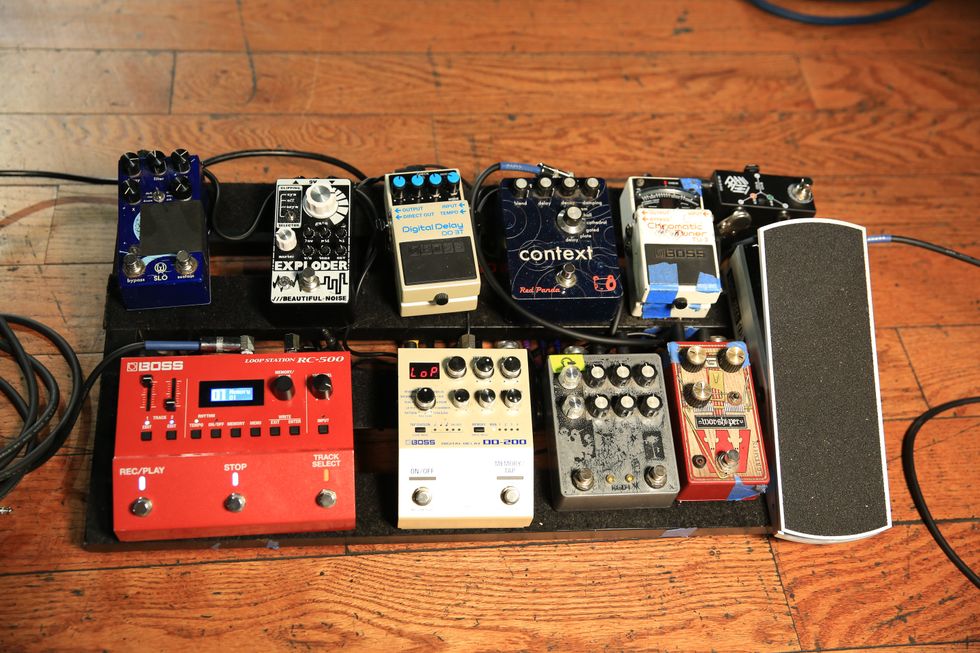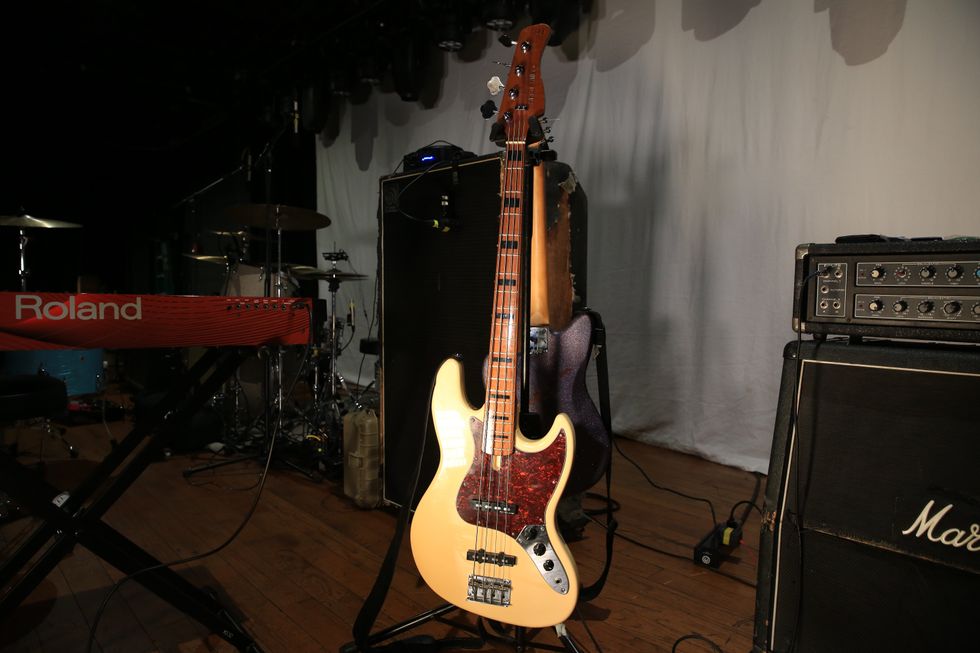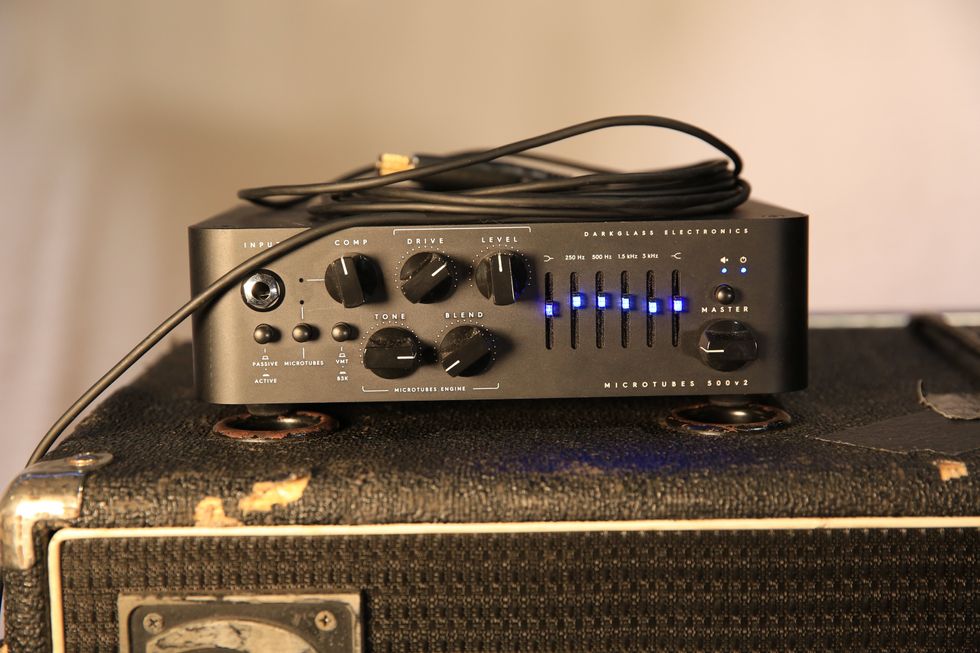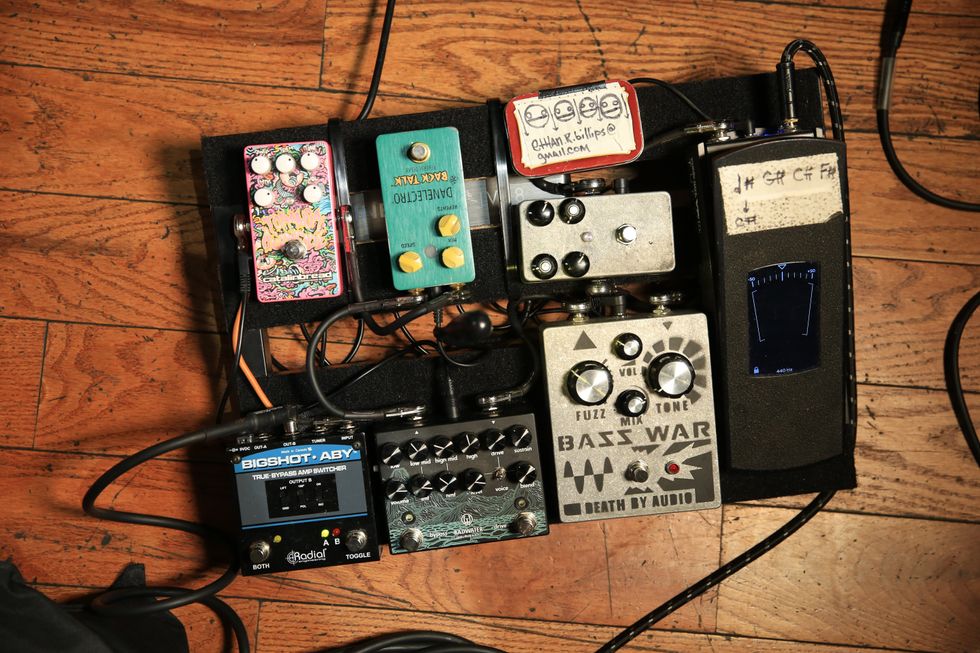Hey Zach,
I always enjoy your column, so I thought I’d pick your brain about a Vox V125 Bass tube amp I bought in the late ’80s or early ’90s. I can’t find much info on it, and I wonder why you don’t see them around. Vox’s classic guitar amps are so popular, but this bass amp was not. Short of Sir Paul McCartney, I’ve never seen anybody use one. You’d think gear used by a Beatle would catch on more! I’ve owned all kinds of amps over the years, but I’ve never wanted to part with this one. Am I just weird?
Thanks,
Yvon in Edgewood, Kentucky
Hi Yvon,
A taste for unique vintage gear does not qualify as weird! I think Vox’s bass amps aren’t so highly regarded because Vox is one of a number of manufacturers who made guitar amps first, and then slightly tweaked their guitar offerings to make a bass amp. Marshall is another example.
Vox knocked it out of the park in the late ’50s/early ’60s with their AC30 and its variations, but the company didn’t keep up with musicians’ styles enough to remain a driving force in the industry—something Marshall did quite well. Marshall went on to build some of the greatest guitar amplifiers of all time, while Vox spent decades struggling to rediscover its identity. Partly this was due to Vox’s messy ownership history—especially from 1967, when founder Tom Jennings and engineer Dick Denney exited the company, until the early ’90s, when Korg purchased the brand. Sales, moves, and bankruptcies contributed to an unstable brand and many experimental designs.
It’s no secret that Marshall and Vox were rivals for many years. It’s interesting that Jim Marshall, who had a music shop in West London, was a Vox dealer early on. When Marshall started designing and building amplifiers that would compete with Vox, Tom Jennings was not impressed. But by the ’70s the sides had switched, and many Vox amps were designed to compete with Marshall’s successful stacks.
Rose Morris was the exclusive Marshall distributor between 1965 and 1980. In the late ’70s Rose Morris, correctly assuming that Marshall wouldn't renew their soon-to-expire contract, purchased Vox to fill the impending void.
Introduced in the early ’80s and produced in England, the V Series amps were some of Vox’s first amplifiers under Rose Morris ownership. They were derived from the AC120, first offered in the mid-’70s. These amplifiers—specifically the V125 Lead and the V125 Bass—were clearly designed to go up against Marshall’s stacks. (Combo versions called the V125 Combo and the lower-wattage V15 were also offered.)
These amps were advertised as “pure valve power,” but they actually have two transistors in the preamp stage. Otherwise, the V125 Bass is an all-tube amp with four preamp tubes (1 x ECC81, 1 x ECC82, 2 x ECC83) and four EL34 power tubes. It produces 125 watts and features two inputs (brilliant and normal), along with sensitivity, volume, and master-volume controls. A 5-band EQ section ranging from 50 Hz to 1,600 Hz rounds out the controls. The separate VR115 cabinet houses a single 15" Celestion speaker. The only noticeable differences on the V125 Lead are a distortion control instead of sensitivity, an EQ section ranging from 100 Hz to 2,300 Hz, and two 12" speakers.
When this amp appeared in the early ’80s, bass-specific amplifier companies such as Hartke, SWR, and Gallien-Krueger were emerging, and bassists took notice. Why buy a slightly tweaked guitar amp when new amps designed specifically for bass were now available? Also, since this amp series was only offered for about two years, Vox didn’t make many of them.
Currently, a V125 Bass rig (including both the head and speaker cabinet) is valued between $800 and $1,000 in excellent condition. The general consensus amongst collectors and players is that these are good-sounding amps, and most people who own them have enjoyed them.
Vox limped along through the ’80s and early ’90s before Rose Morris sold the brand to Korg. (Until 2010, Korg also distributed Marshall amplifiers in the U.S., uniting the two rival brands.) Since then, Vox has enjoyed over two decades of stability under Korg while re-establishing itself as a major player in the guitar-amp industry.
Don’t let anyone tell you otherwise: Unique vintage gear that works well and sounds decent is cool, and liking it doesn’t make you weird! If you can find these pieces relatively inexpensively, they can be treasures.



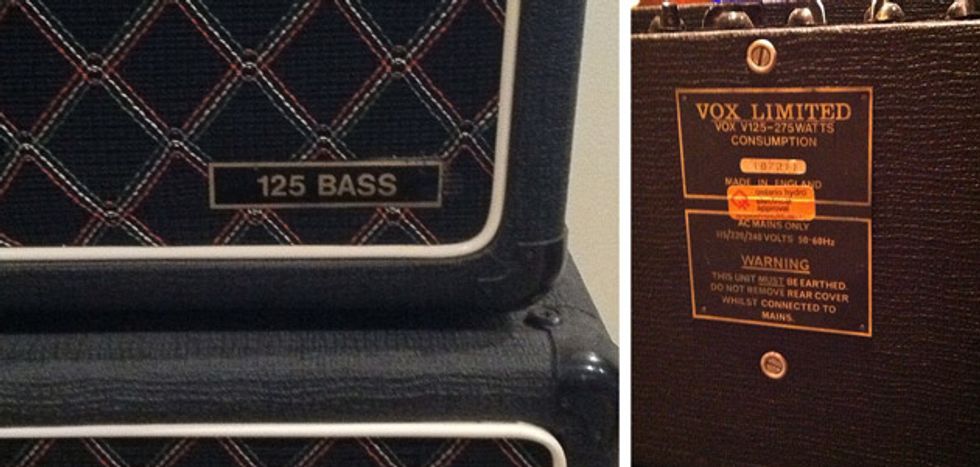
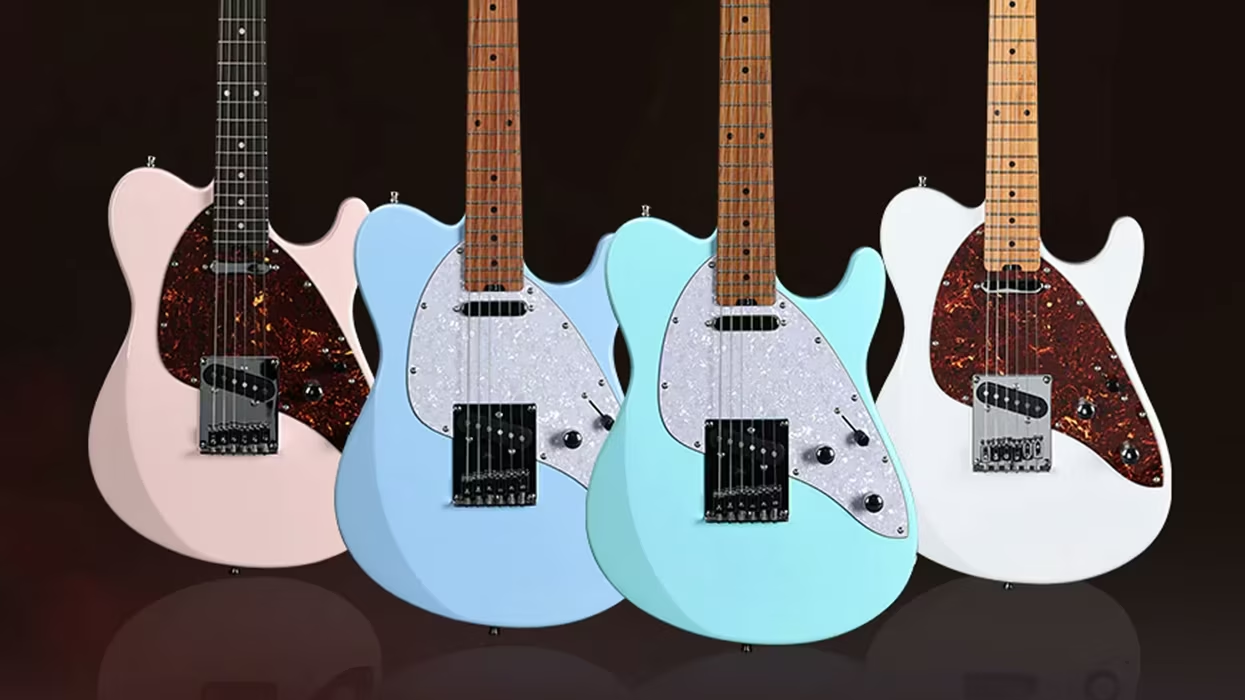

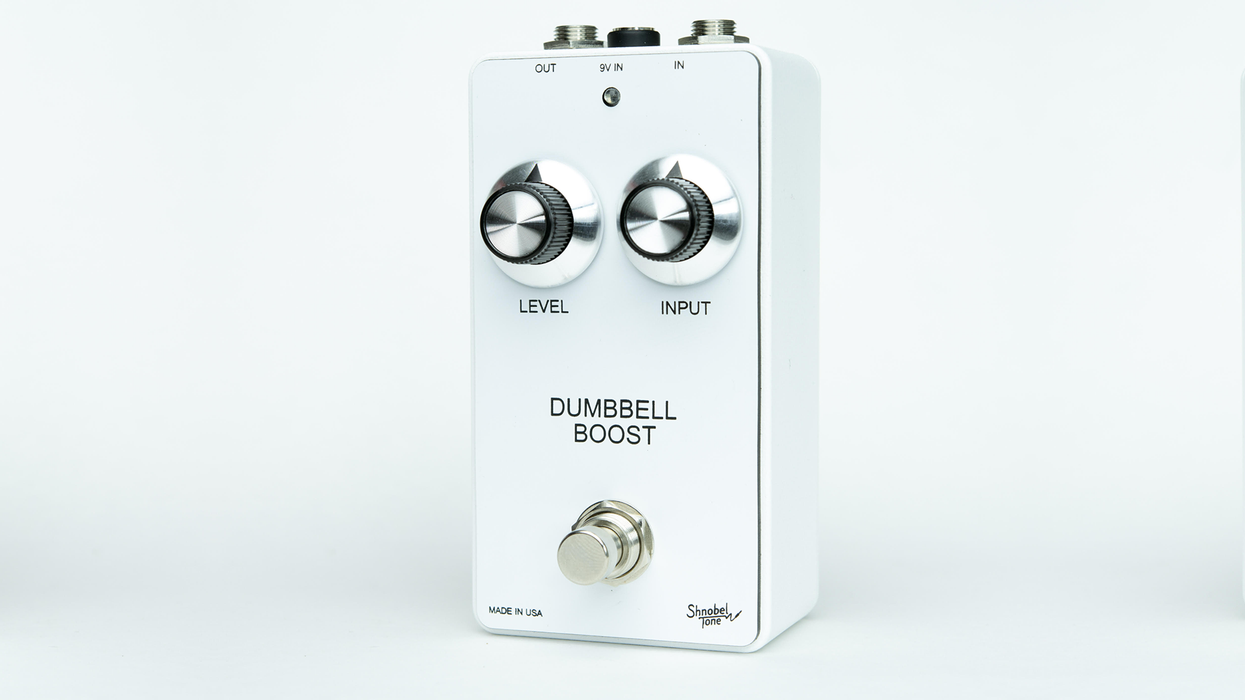
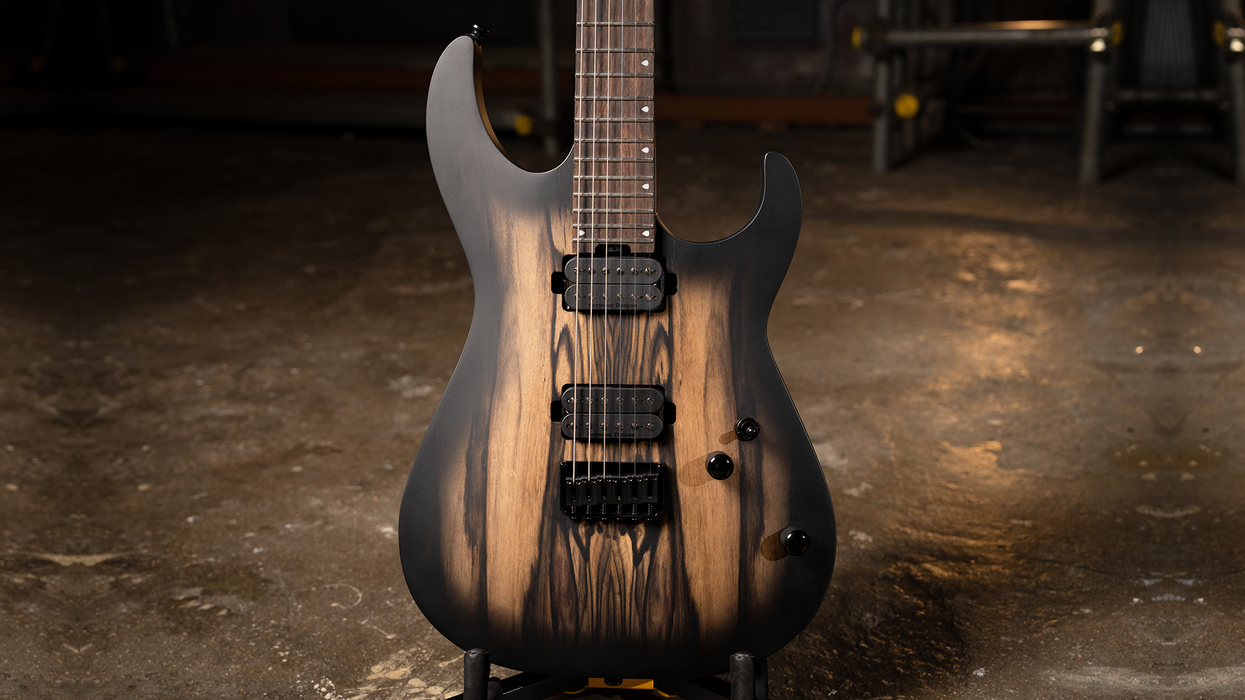
![Rig Rundown: AFI [2025]](https://www.premierguitar.com/media-library/youtube.jpg?id=62064741&width=1245&height=700&quality=70&coordinates=0%2C0%2C0%2C0)












 Shop Scott's Rig
Shop Scott's Rig
![Rig Rundown: Russian Circles’ Mike Sullivan [2025]](https://www.premierguitar.com/media-library/youtube.jpg?id=62303631&width=1245&height=700&quality=70&coordinates=0%2C0%2C0%2C0)
